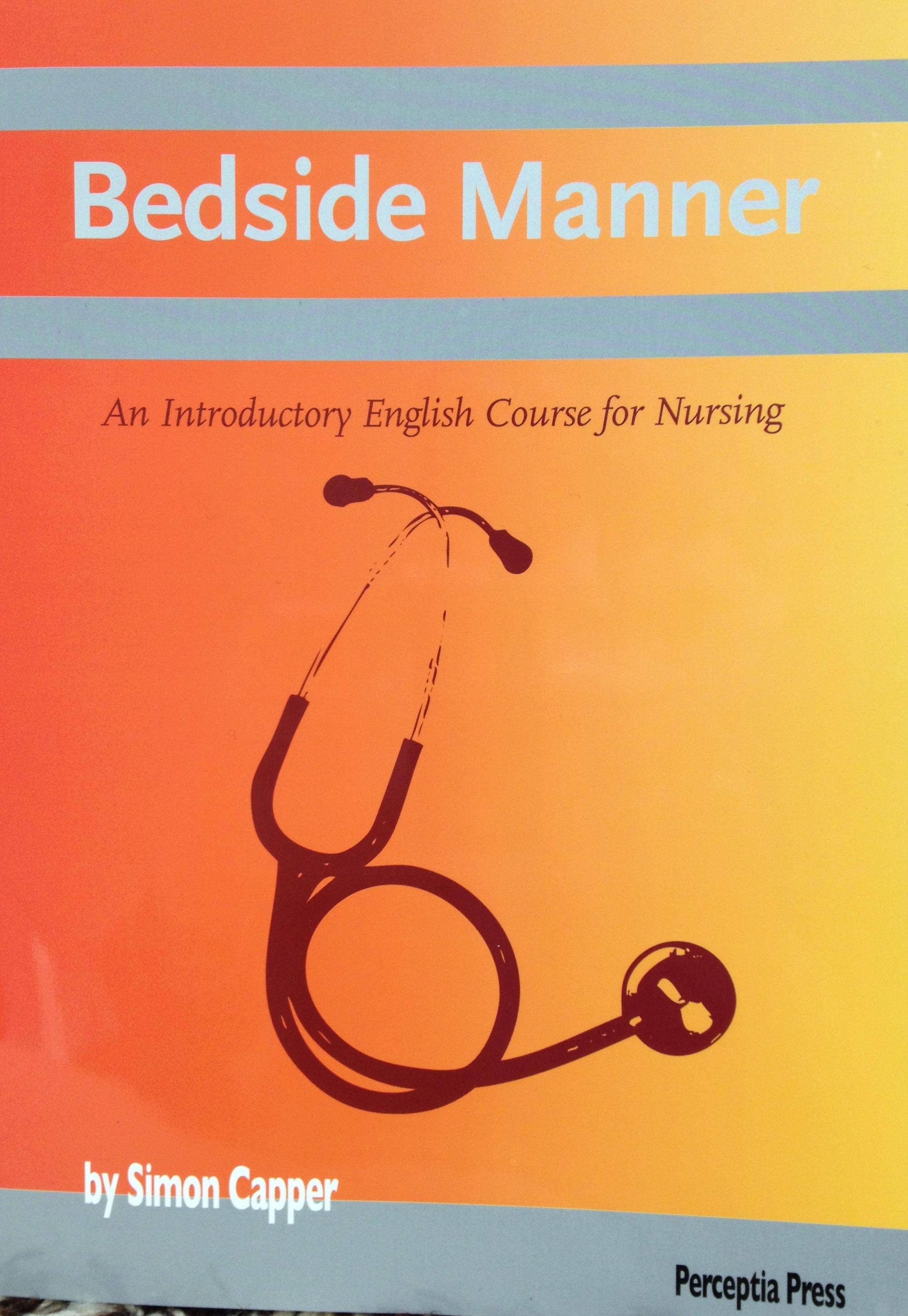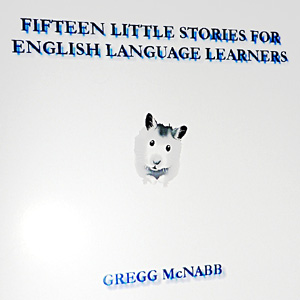Bedside Manner
Bedside Manner
by guest blogger Simon Capper
Bedside Manner started out the way most textbooks do. I'd started teaching nurses, and was using a textbook that neither I, nor my students, were entirely happy with. Nursing English, even at the most basic level, involves quite a lot of vocabulary. Not necessarily difficult vocabulary, but vocabulary nonetheless. The book that I was using certainly had a lot of it, but offered very little support to students as to how to use and learn it. Other books in the field were even worse--tired old templates replete with words like prothrombin, nephron and arachnoid. Are there really spiders in the central nervous system?*
I spent the next seven years writing, piloting, refining and polishing the materials that would become Bedside Manner. False starts and dead ends abounded, but we got there in the end.
Providing the much-needed vocabulary support for learners proved more challenging that I'd expected. But hey, what's life without a challenge? My students are entering one of the most challenging professions in the world, one that I'm sure I could never cope with. If they can do all those dirty, dangerous and demanding tasks (I'm talking about nursing here, not English classes), it was the least I could do to make their English study more bearable, enjoyable and profitable.
So we focus on collocations, we learn about word formation, we review those all-important parts of speech. We use crosswords, games, keyword recreation activities, vocabulary posters--anything we can to help them become proficient at basic nursing English. And of course, we use Quizlets. What are Quizlets? Well, you can do a search and find them yourself, or you can read my latest contribution to Between the Keys. I'm off now to find out what prothrombin and nephron mean.
*Don't call me on this one. I know that arachnoid means cobweblike!


